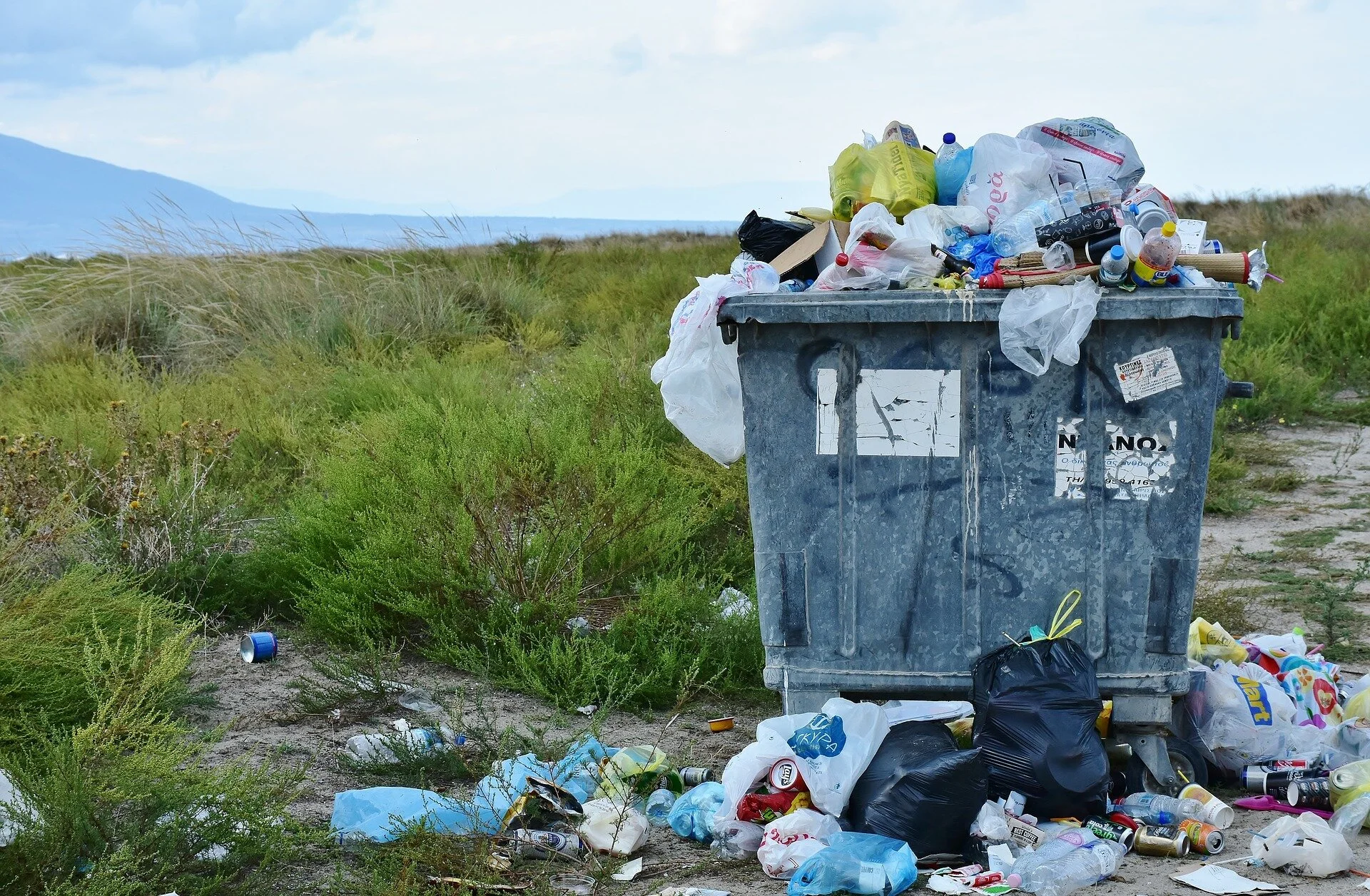
S.E.N.S. was represented in the Regional Solid Waste Advisory Working Group (RSWAWG)for several years to act in an advisory capacity to the RDNO Board of Directors, and was tasked to review the existing Solid Waste Management Plan (SWMP), providing input from a stakeholder and community perspective which was considered as part of the SWMP Update.
Do YOU wish to part as an interested citizen? Please contact RDNO!
For More Information
Alternatives to Using Plastic

Some Simple Alternatives to Using Plastic
Use mesh produce bags and cloth bags for shopping purchases
Carry your own re-useable water bottle, hot beverage cup and small portable cutlery or chopsticks
Use glass jars for storing food in your pantry and for storing leftovers
Buy in bulk through a group wholesale buying club or at bulk food stores (cheaper too)
Unpainted small bamboo can be cut and used for drinking straws or stainless steel or glass straws are available for purchase
Shop at local farmers’ and artisan markets and take your own bags
Refuse extra packaging at stores - even leave it there after you pay (makes retailers and big box stores question and change packaging policies)
Support stores that will allow you to fill your own containers at the deli and bakery (cheese, meat, baked goods etc)
Make your opinion known to retailers/producers in person or by letter (e.g. “I wish you sold this in paper, so I could purchase” or “ I would purchase this if it didn’t have extra packaging” etc)
Make or purchase beeswax cloth which can replace the use of plastic wrap.
Make or purchase cloth re-useable sandwich bags
Make your own personal products from simple products at home (shampoo, toothpaste, deodorant etc).
How You Can Help
Express gratitude to people and businesses who are working towards proving and using less plastic
Support retailers who don’t use bags and who allow the use of your own containers
Volunteer to help make Boomerang Bags (see SENS facebook page for more information)
Grow your own food
Collect garbage on walks so it doesn’t go into storm drains and into the water supply
Organize friends/groups to clean up beaches, creeks, ponds
For More Information
Sustainable Environment Network Society facebook page
Okanagan Regional Library has information on making your own home products, how plastic affects us, animals and the planet and also supports free local activities to help the environment
Resource(s):
Journey of a Plastic Bag
Sam Neill and the humble plastic bag


